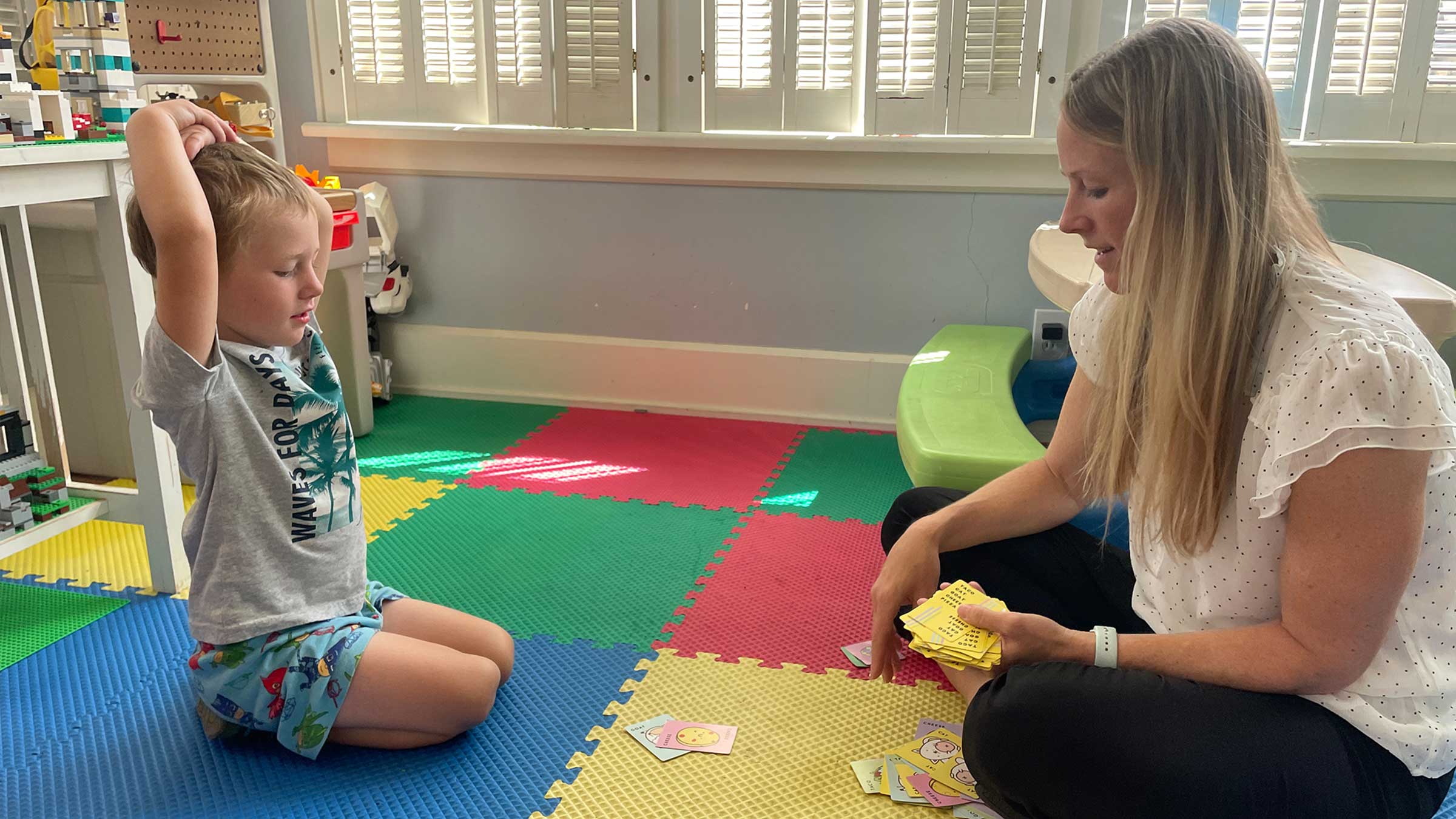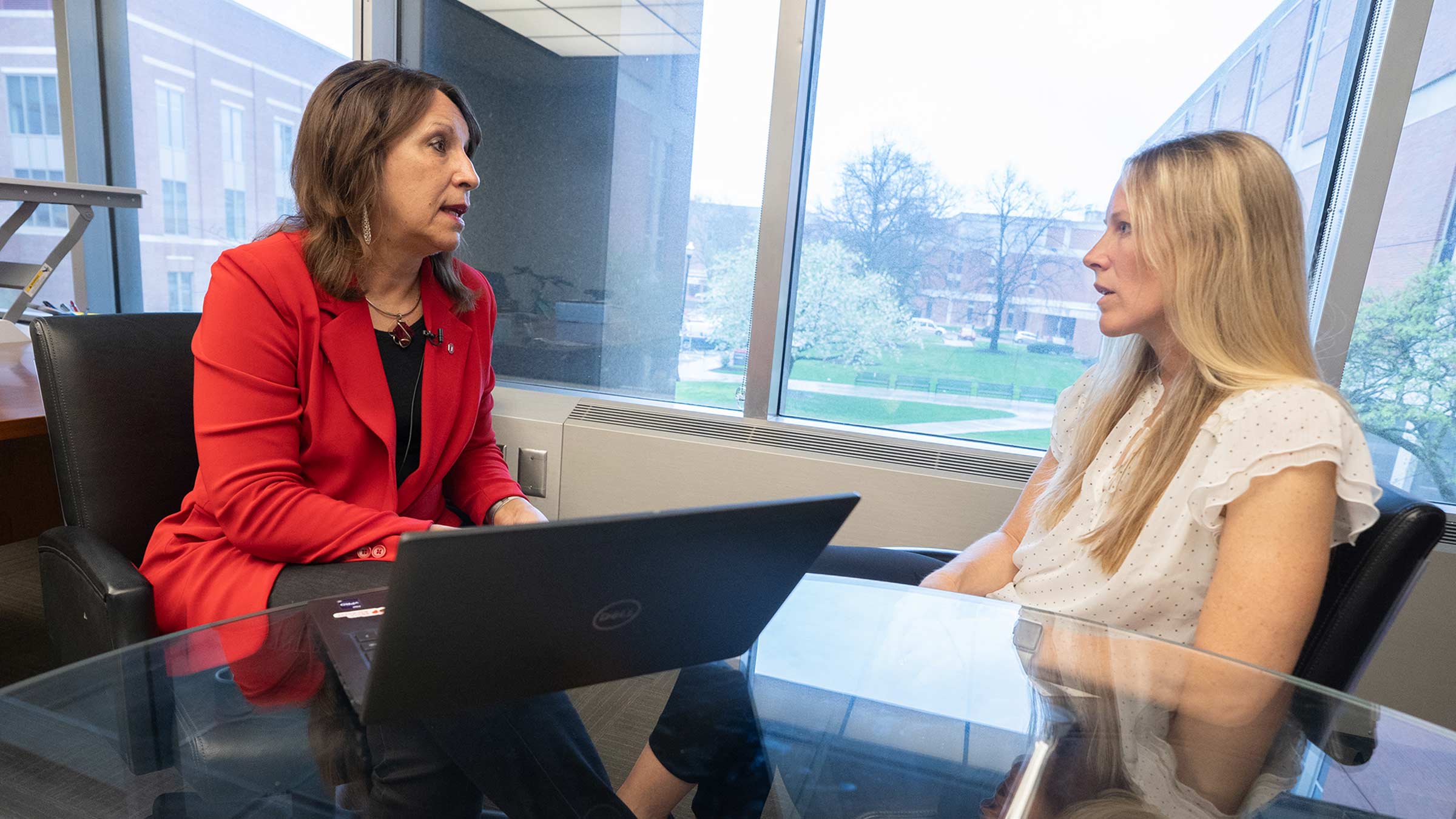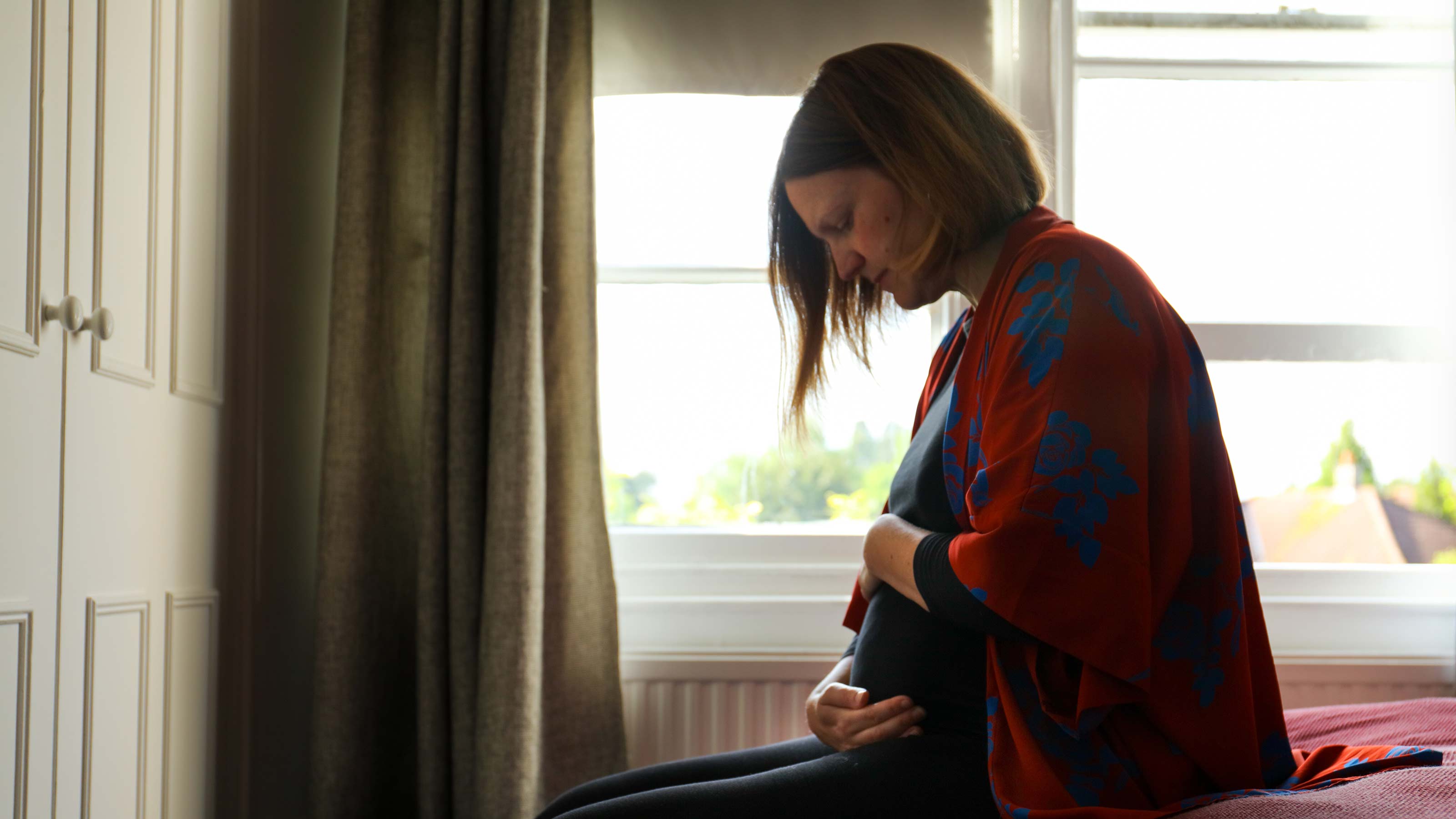Study finds pressure to be perfect leads to parental burnout
America’s ‘culture of achievement’ is also creating mental health concerns for children.
Daily checks on your kids’ online grading portal. Packing healthy snacks for the school day. Worrying they still aren’t getting enough protein. Updating the family calendar with tutoring, extracurricular activities and piano lessons. Making Instagram-worthy cupcakes for tomorrow’s class party. Awakening to middle-of-the-night anxiety that your child isn’t prepared enough to make the gifted program or get into college.
The lists and lengths modern parents go to fit the mold of the “perfect parent” can feel like a crushing load of responsibility — and a new study on parental burnout from The Ohio State University College of Nursing and the university’s Office of the Chief Wellness Officer confirms it.

The study finds that pressure to try to be “perfect” leads to unhealthy impacts on both parents and their children.
Why parents feel the pressure to be perfect
“We have high expectations for ourselves as parents; we have high expectations for what our kids should be doing,” says Kate Gawlik, DNP, a researcher on parental burnout and a mother of four young children. “Then on the flipside, you’re comparing yourself to other people, other families, and there’s a lot of judgment that goes on. And whether it’s intended or not, it’s still there.”
Dr. Gawlik says the increased pressures that come from social media compounds the illusion of perfection.

“I think social media has just really tipped the scales,” she says. “You can look at people on Instagram or you can even just see people walking around, and I always think, ‘How do they do that? How do they seem to always have it all together when I don’t?’”
Survey finds growing parental burnout
The survey of more than 700 parents nationwide shows that:
- Fifty-seven percent (57%) of parents self-reported burnout.
- Parental burnout is strongly associated with internal and external expectations, including whether one feels they are a good parent, perceived judgment from others, time to play with their children, the relationship with their spouse and keeping a clean house.
- The more free play time that parents spend with their children and the lighter the load of structured extracurricular activities, the fewer mental health issues in their children (i.e., anxiety, depression, OCD, ADHD, bipolar disorder).
- Parents’ mental health and behaviors strongly impact their children’s mental health.
The toll of parental perfection on mental health
Data from the study shows that force of expectations from what Dr. Gawlik calls a “culture of achievement” leads to burnout (a state of physical and emotional exhaustion), which in turn leads to other, potentially debilitating issues.
According to the study, if their children have a mental health disorder, parents report a higher level of burnout and a greater likelihood for them to insult, criticize, scream at, curse at and/or physically harm their children (i.e., repeated spanking).
Higher levels of self-reported parental burnout and harsh parenting practices are associated with more mental health problems in children.

“When parents are burned out, they have more depression, anxiety and stress, but their children also do behaviorally and emotionally worse,” said Bernadette Melnyk, PhD, FAAN, vice president for health promotion and chief wellness officer at Ohio State. “So, it’s super important to face your true story if you're burning out as a parent and do something about it for better self-care.”
Strategies to cope with parental burnout
The team’s new report brings critical updates to a previous study, which measured working parent burnout during the height of the COVID-19 pandemic.
A first-of-its kind Working Parent Burnout Scale, a 10-point survey that allows parents to measure their burnout in real time and use evidence-based solutions to help, is included in the new report. It also provides new guidance on positive parenting strategies, techniques and tips to form deeper connections with one’s children.
“Positive parenting is when you give your children a lot of love and warmth, but you also provide structure and guidance in their life,” Dr. Melnyk explains.
“You gently teach them consequences of behaviors. So that is a much better goal to shoot for being a positive parent than a perfect parent.”
“If maybe you’re prioritizing making sure your house is spotless all the time, but then you don't feel like you have time to go for a walk every night with your children, maybe you need to reorganize or find a way to make both of those things work,” Dr. Gawlik says.
Dr. Melnyk says these evidence-based approaches can help calm what she calls a “public health epidemic” of parental burnout.
“Parents do a great job caring for their children and everybody else, but they often don't prioritize their own self-care,” Dr. Melnyk said. “As parents, we can't keep pouring from an empty cup. If children see their parents taking good self-care, the chances are they're going to grow up with that value as well. It has a ripple effect to the children and to the entire family.”
“As one parent told me,” Dr. Gawlik added, “I would much rather have a happy kid than a perfect kid.”
Findings of the survey are summarized in the report, “The Power of Positive Parenting: Evidence to Help Parents and Their Children Thrive.”





